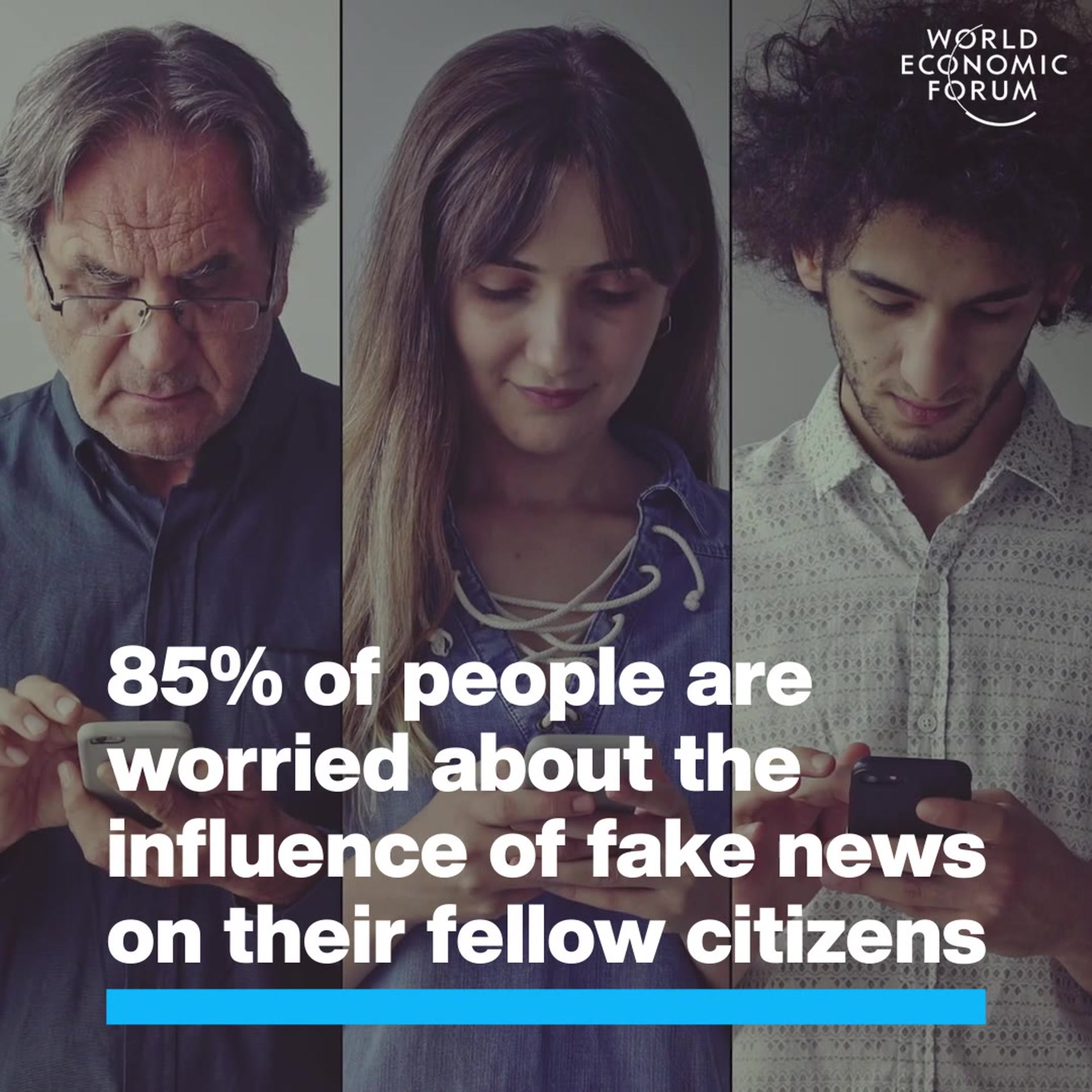
The World Economic Forum: A Swiss success story
Spirit of Davos: Contrary to misconceptions, the World Economic Forum Annual Meeting does not dictate policy but serves as a platform for dialogue.

Workers' rights are vital to revitalizing democracy. Here's why
Restoring a democracy that delivers dividends for all working people is integral to combating climate change and creating a sustainable future. Here's why.

How to thrive when uncertainty becomes the new norm for governance
Discover the logical steps and considerations that can help boards address the complexities of governance through constant change and global disruption.

How to build business resilience in an era of risk turbulence
The Global Risks Report 2024 identifies the biggest societal risks, and many of them are already complicating business operations. Here’s what global stakeholders can do.

Smart Cities: Promoting Urban Governance in India
This report highlights the Smart Cities Mission's impacts on the governance ecosystems of cities in India.

Fake news undermines democracy, warns global survey
A survey of 16 countries set to hold general elections in 2024 found that 85% of people are worried about the influence of fake news on their fellow citizens, and 87% say disinformation i...

What’s in a name? For the ‘Global South,’ it depends on who you ask
"Global South" is shorthand for a vast expanse of the world long afforded limited geopolitical influence. That dynamic's changing, but the region's definition remains squishy.

Why global leaders should advocate for a re-globalized world
Young Global Leaders outline how re-globalization can renew focus on interconnectedness, cooperation, and trade between nations and why it's important.

Why does the world need a global treaty on plastic pollution
A global treaty would help to curb plastic pollution, maximize the circulation of remaining plastic, and ensure the safe management of plastic waste.

Public figures call for inclusive growth at Growth Summit 2023
Public figures from more than 27 countries and 10 international organizations joined the Word Economic Forum's Growth Summit 2023. Find out what they had to say.

Towards actionable governance on trustworthy AI
To become more involved in design and development processes, organizations need to build a strong AI governance model that enables trust and confidence.

What would a ‘Marshall Plan’ for Ukraine look like?
Russia’s devastating attack has stirred calls to muster a Marshall Plan for Ukraine, in reference to the US-funded rehabilitation of western Europe that began not long after Adolf Hitler’...